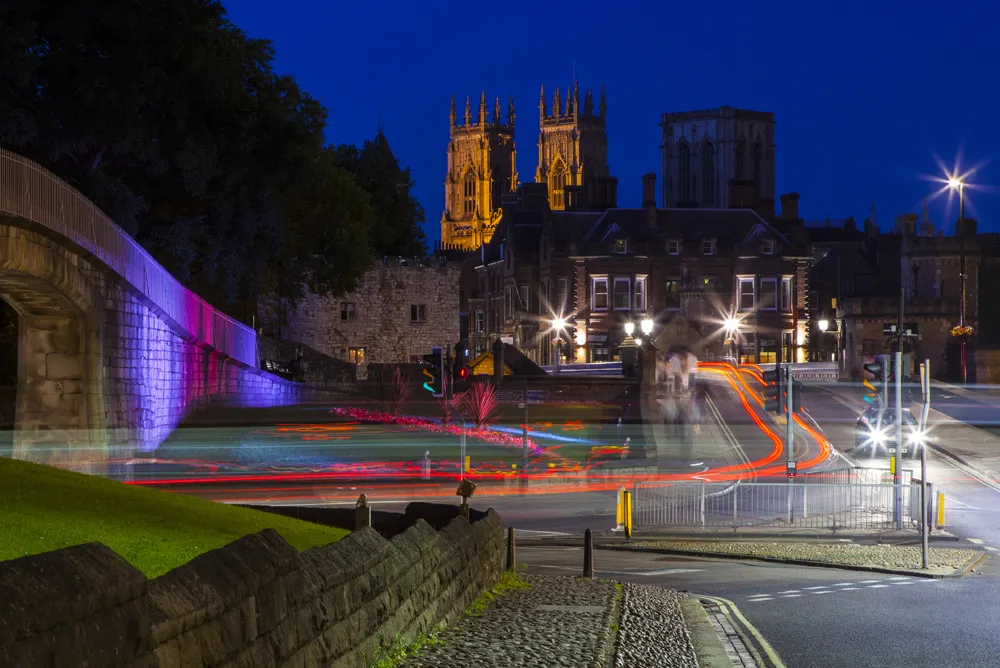Rail capability executive for Australia New Zealand, Andrew Collins, will share his knowledge of railway signalling and control systems and highlight their complex interdependency and technical challenges at the Inter-Disciplinary Rail Engineering Workshop in Melbourne this week.
Collins said the workshop provides an important platform for knowledge-sharing and highlights the need for inter-disciplinary connectivity as we develop future-ready rail systems.
“Attendees will gain an appreciation of how signalling and control system projects interface with other rail infrastructure, with particular focus on advanced train control systems such as European Train Control Systems (ETCS), Communication Based Train Control (CBTC), Positive Train Control (PTC), Automatic Train Operation (ATO) and Automatic Train Scheduling (ATS).
“Communicating advances in the signalling and control function and illustrating how it inter-relates with other infrastructure allows us to get one step closer to a smarter railway system of the future.”
How connectivity is shaping our rail systems of the future
Rail capability executive for Australia New Zealand, Andrew Collins, will share his knowledge of railway signalling and control systems and highlight their complex interdependency and technical challenges at the Inter-Disciplinary Rail Engineering Workshop in Melbourne this week.
May 27, 2015
Read time: 1 min









